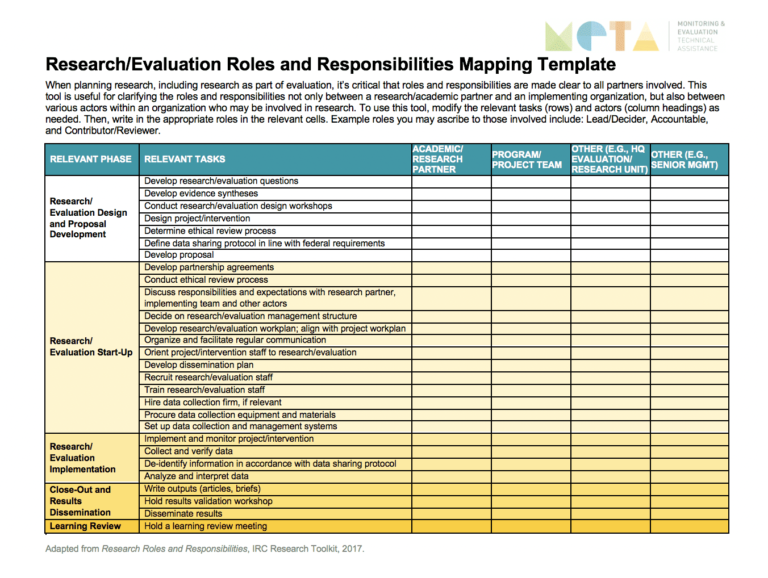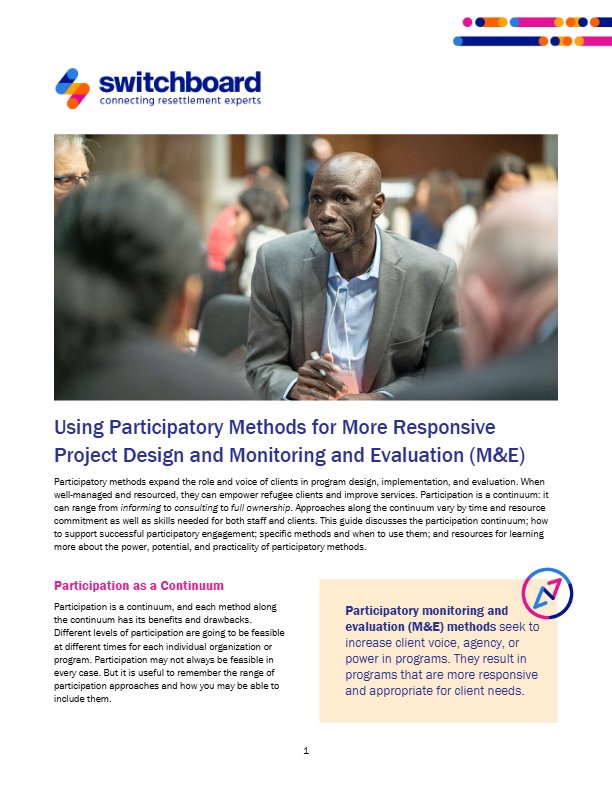There is strong evidence for a variety of strategies to reduce vicarious trauma, secondary traumatic stress, compassion fatigue, and burnout among helping professionals.
- A strong body of evidence has developed in the past twenty years on reducing stress reactions among a variety of professional helpers in a wide range of settings and professions.
- Strategies to reduce stress reactions share common features across all the types of staff stress reactions: vicarious trauma, secondary traumatic stress, compassion fatigue, and burnout.
Effective strategies encompass both organizational and self-care interventions.
- The evidence suggests that self-care contributes to reduced stress, but that self-care alone is insufficient to mitigate staff stress and that organizational interventions to foster lower-stress work environments are vital.
Suggestive findings for resettlement staff mirror those for helping professionals generally.
- Three studies on resettlement staff suggest that their stressors and strategies for addressing them are similar to those of helping professionals in other settings. Furthermore, the evidence from studies of refugee service providers suggests that organizational transformation plays a vital role in staff well-being.
Refugee service providers should develop, implement, and evaluate policies and practices to mitigate staff stress reactions.
- Evidence suggests that agencies should implement broad-based staff stress reduction strategies that:
- Educate and engage senior leadership on the need to address staff stress reactions
- Decrease staff workloads
- Create comfortable, confidential workspaces and retreat spaces
- Practice proactive, trauma-informed supervision
- Enhance peer support opportunities
- Individualize stress reduction approaches for each staff member
- Refugee-serving organizations should encourage self-care among their staff, and provide opportunities for staff to use personal activities to reduce stress, but should recognize that self-care is not enough.
- Because the evidence suggests that organizational factors are vital to the well-being of refugee service providers, organizations should examine steps they can take to lower their employees’ stress, such as those listed above. These steps should be based on the work-related risk factors identified in the literature, such as unreasonable workload expectations, lack of management support, and poor communication.




